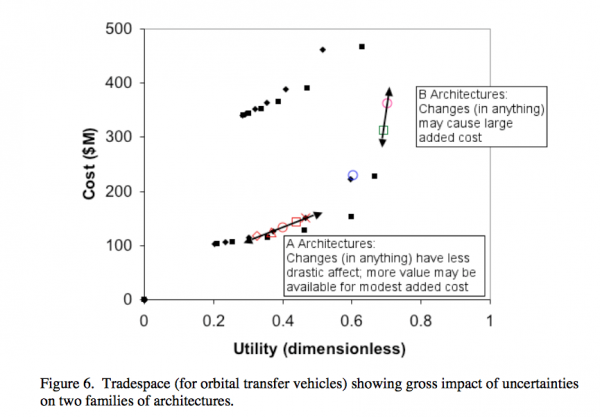When I was @ college in the Philosophy courses...it was good to express your opinion...to speak up.
When in Chemistry courses it was good to dare in exploring.
In Latin courses we learned history and the language.
In mathematics we balanced theory with geometry.
Sculpture courses, ...imagination and hard passionate work.
When I was a student @ school it was good to go ahead and learn and advance. ...We respected everyone in our classes.
The topic is Audio Science and Sounds. ...Their interrelation, connection...as we are discovering it every single day that goes by.
It's not about us and them it's about what we can learn from each other.
Take the time...read the good stuff, and be your own moderator. There is plenty of room for all the scientists and audiophiles to live in harmony everywhere.
Just my opinion for all it's worth.
P.S. In a prior post I gave five links...did anyone here take the time to read a line or two?
Man it's hot today here...38° Celsius! ...I'm frying, like bacon.
...I'm frying, like bacon.
P.P.S. You guys are the top cream of the crop in audio...act like it. We're all in it together.
When in Chemistry courses it was good to dare in exploring.
In Latin courses we learned history and the language.
In mathematics we balanced theory with geometry.
Sculpture courses, ...imagination and hard passionate work.
When I was a student @ school it was good to go ahead and learn and advance. ...We respected everyone in our classes.
The topic is Audio Science and Sounds. ...Their interrelation, connection...as we are discovering it every single day that goes by.
It's not about us and them it's about what we can learn from each other.
Take the time...read the good stuff, and be your own moderator. There is plenty of room for all the scientists and audiophiles to live in harmony everywhere.
Just my opinion for all it's worth.
P.S. In a prior post I gave five links...did anyone here take the time to read a line or two?
Man it's hot today here...38° Celsius!
P.P.S. You guys are the top cream of the crop in audio...act like it. We're all in it together.


